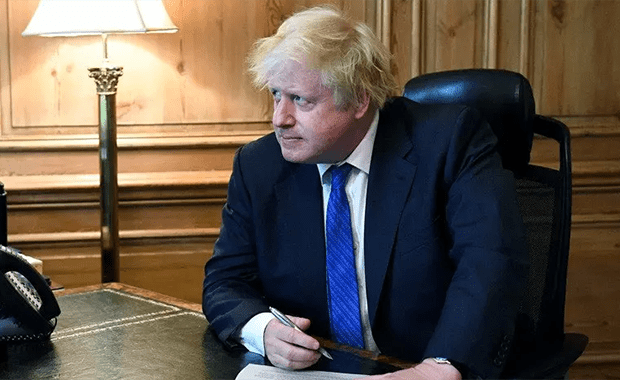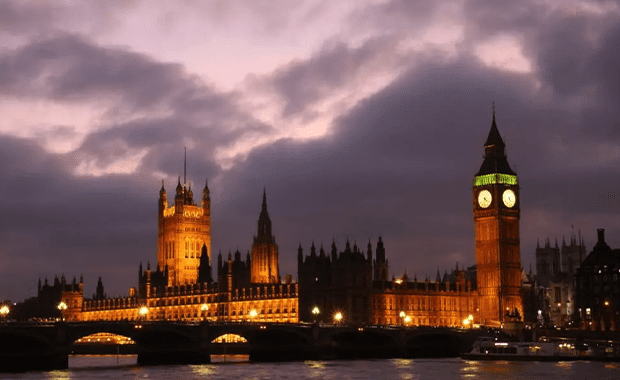“Some reshuffles are about changing policy directions. Others are about chopping out the Cabinet “dead wood”. This one was about control – specifically, increasing the control over government from 10 Downing Street, including Boris Johnson’s powerful adviser, Dominic Cummings. Out went some senior ministers who Number 10 didn’t consider to be sufficiently “on side”. But the most significant move to “take control” was the insistence that Chancellor Sajid Javid should either consent to joint policy making between Numbers 10 and 11 Downing Street, or leave his post. Mr. Javid chose the latter option.
“Boris Johnson is not the first PM to discover in office that the Treasury can be far more powerful than the centre of government at Number 10. Number 10 has few human resources compared with the mighty Treasury, and limited direct options to shape economic and social policy. There are only three ways of resolving the power imbalance – for the PM to support a Chancellor he completely trusts and works with closely (Cameron/Osborne); for the PM to cede economic policy to the Chancellor but make occasional bids for influence (Blair/Brown), or for the PM to try to create a mechanism to force the Treasury to work hand in glove with his own advisers. The latter is now the option being pursued with the new Chancellor, Rishi Sunak.
“Just how much will the change in Chancellor result in a big change in policy – with extra public spending, and more borrowing to fund it? I doubt that the policy consequences will be quite as big as now predicted by many – Javid was already committed to extra borrowing to fund infrastructure spending, and the new Chancellor’s CV hardly indicates that he is likely to turn into a big spender or pursue fiscally incontinent policies. What Mr. Cummings and Mr. Johnson clearly hope is that there will now be a much closer working relationship between Numbers 10 and 11 – and though Mr. Johnson cannot afford to lose another Chancellor anytime soon, the ruthlessness that he has demonstrated in this reshuffle will concentrate the minds of all senior ministers.
“What else is worth noting from the reshuffle? Certainly the appointment of Suella Braverman to the post of Attorney General – serious friction between the government and the judiciary seems likely. And while the fate of junior ministers usually doesn’t matter much, the departure of universities minister Chris Skidmore looks interesting. Skidmore was well respected by the universities sector, and appeared to take their “side” on many policy issues. Can we now expect a more radical approach to higher education policy and a revisiting of some of the Augar Review recommendations? This should be watched closely.”


